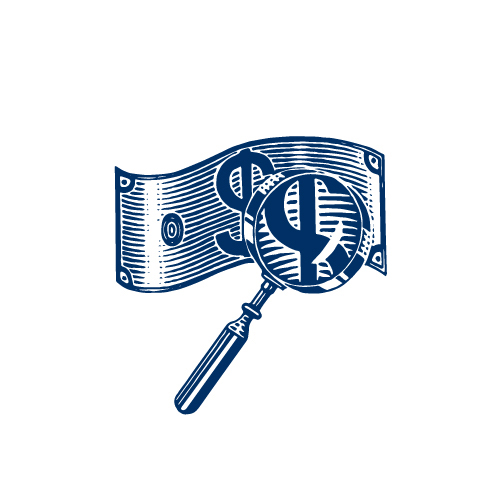Details Are Part of Our Difference
Embracing the Evidence at Anheuser-Busch – Mid 1980s
529 Best Practices
David Booth on How to Choose an Advisor
The One Minute Audio Clip You Need to Hear
Author: Nell Schiffer
Fiduciary or Broker? The Glaring (and costly) Difference.

Sometimes you can’t shake a story because it keeps getting replayed in different forms. You might remember a piece in the NYT written a couple of years ago about a woman who stumbled upon gross misuse of her parent’s retirement money. Her parents’ brokers were mishandling the money for years, to their benefit – one stock had even been sold eight times in the same day, racking up enormous trading fees. It sounds shocking, but unfortunately, it’s an old story that bears repeating. Why? Sometimes we need reminding – employing a fiduciary advisor matters. “Fiduciary” means your advisor is legally bound to work in your best interest. Ask if your broker, or your parent’s broker, is held to this standard. Do you have a fiduciary advisor like Hill Investment Group?
It’s 9am – Do You Know Where Your Money Is?

One of our team members recently received a check from a past employer. Why? A class-action suit. His former employer was found misbehaving – managing their employees’ retirement plans for their gain rather than for their employees’. As a result, the firm paid up, returning a small portion of inappropriate fees and lost returns. What a joke! This kind of dirty dealing is way too common, and at HIG, we invite you to rage against this machine. Vote with your wallet, choosing ONLY independent, fiduciary advice. Check out this list of the 10 Most-Fined Financial Services Firms. What you see may surprise you!
Celebrations
 This month we celebrated the work anniversaries of Buddy Reisinger (12 years) and Katie Ackerman (6 years).
This month we celebrated the work anniversaries of Buddy Reisinger (12 years) and Katie Ackerman (6 years).
Buddy’s decade-plus with HIG makes him a truly committed member of the team. He’s known not just for his tenure at the firm but also for his fun-loving personality and 24/7 access. The “Bud Man” is an original, and we love him.
Katie is the first voice our clients hear on the phone and is as thoughtful in serving our team as she is with our clients. Her sense of humor, hospitality, and witty teasing are some of the essential ingredients that make HIG feel like “Cheers.”
We appreciate all their hard work and dedication!

